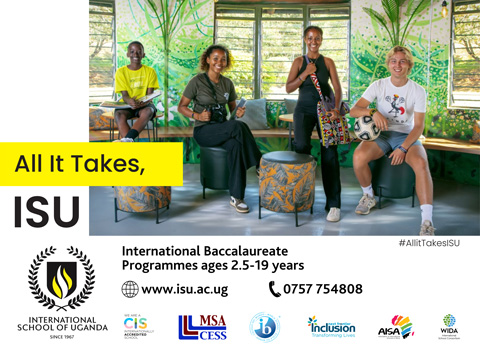Hummingbird International School – From our Head teacher Audrey Dralega FRSA
Choosing a primary school is a big decision for all parents, and academic performance is right up there at the top of the list when schools are being discussed. However, even though high achievement is a core aim, it is wise to think not only about academic results, but also consider the features that lead to long-term success after school. This is important, because while education is an end in itself, we are also involved in building towards our children’s future.















